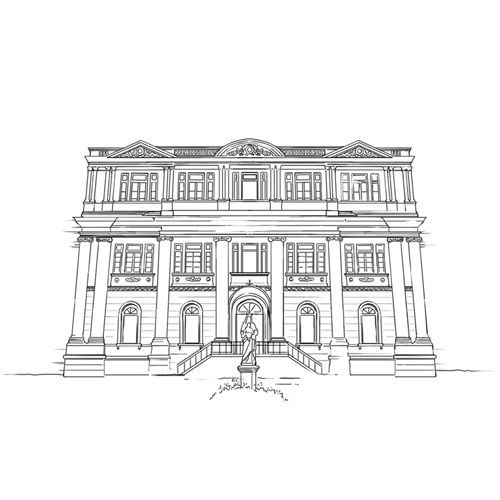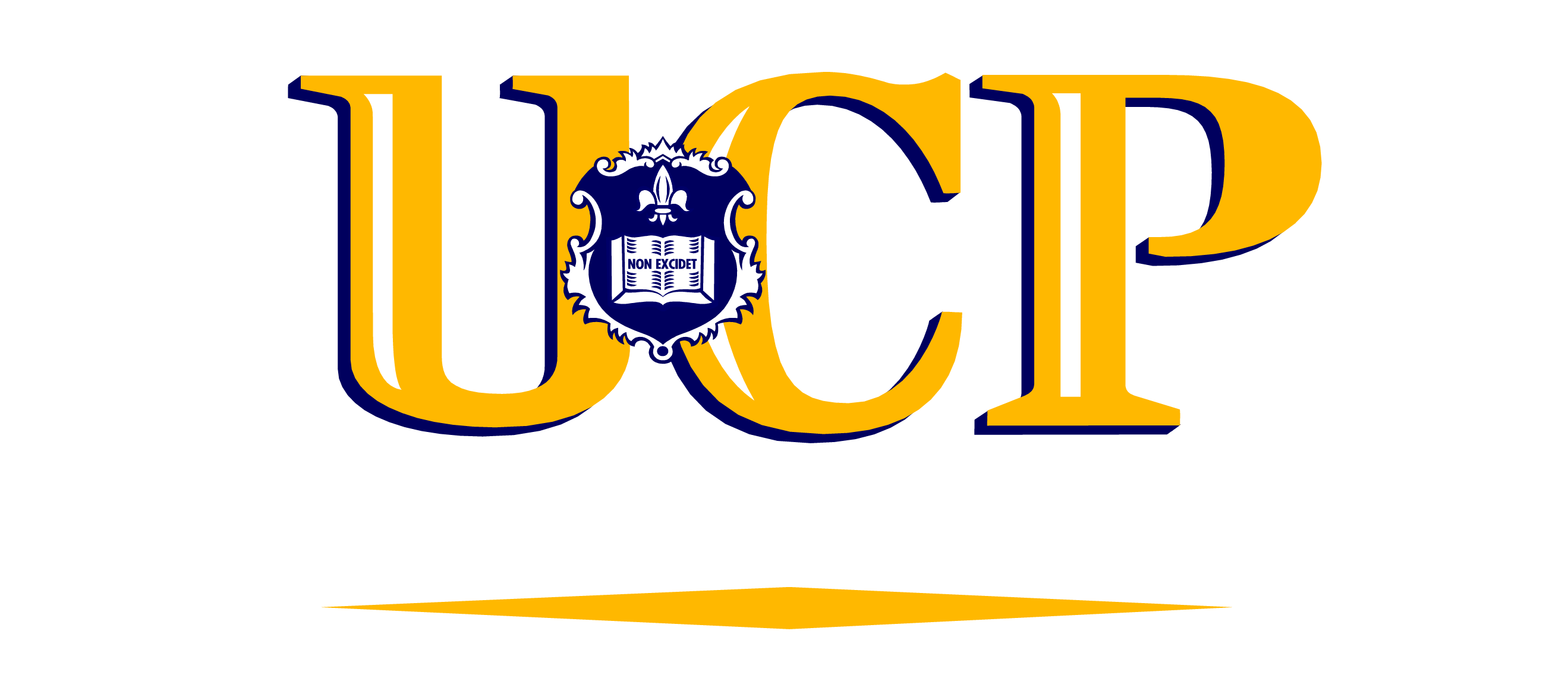Concentration Area:
Justice, Process and Human Rights
Research Line 01: Fundamentals of justice and human rights
The studies carried out in this line aim to provide theoretical support for the foundation of justice and human rights through a careful analysis of the historical-philosophical evolution of these notions, from their classic origins to contemporaneity. Moreover, they have the objective of adopting, where possible, a multidisciplinary approach to human rights, combining legal research with extralegal ones.
Research Line 02: Process and implementation of justice and human rights
In this area, the program seeks to contemplate contemporary demands for reflection and an in-depth debate on the construction of fair means for the concretion of rights and justice. We propose an examination of the various legal and administrative procedures in the light of the constitutional guarantees of the process, in a perspective of human rights realization.







